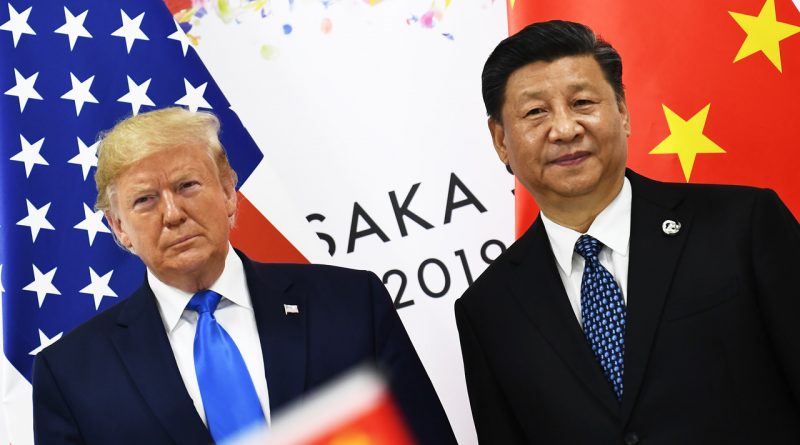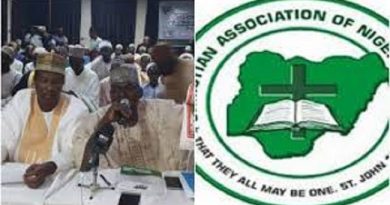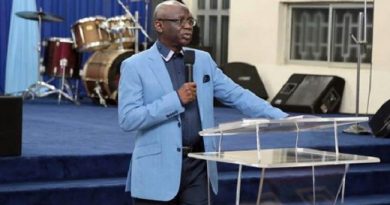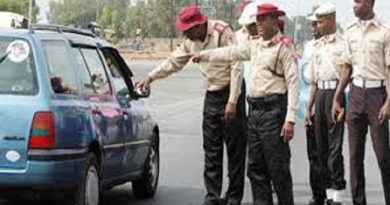Trump Confirms Latest China Tariffs Set For Sunday Are ‘On’
“They’re on,” Trump told reporters, two days before the levies on billions of dollars’ worth of Chinese imports are set to rise in the latest escalation of the trade war between the world’s two biggest economies.
Trump also said that US economic pressure on China was responsible for preventing the authorities from carrying out a harsher crackdown against pro-democracy demonstrators in Hong Kong.
Trump’s tough line — and his claim that events in Hong Kong are linked to the trade war — follows his insistence over the last week that Chinese negotiators are keener than ever to strike a deal.
However, despite repeated hints that high-level communications have been reopened on the standoff, White House officials have sparked skepticism by failing to provide details of those reported talks.
His confirmation that the new tariffs will go ahead underlines the reality that the two sides remain at loggerheads.
Trump earlier this month had called for 10 percent tariffs on $300 billion in goods to take effect September 1 and December 15. Then Beijing retaliated by targeting $75 billion in US exports and Trump announced that the new tariffs would instead hit 15 percent.
In addition, existing 25 percent duties on $250 billion worth of Chinese products will rise to 30 percent starting October 1.
Trump initiated the trade war last year because of complaints over unfair Chinese trade practices.
His comments on Hong Kong could touch political nerves in China, which bristles at anything it sees as outside interference in the restive city.
Asked if he saw a connection between the way the Chinese respond to the unrest and the difficulties their economy faces under US pressure, Trump said: “I do, I do.”
“If it weren’t for the trade talks Hong Kong would be in much more trouble,” he said, reiterating a call for Beijing to “handle it in a humane fashion.”
Trump’s call fell on the same day prominent Hong Kong democracy activists including three lawmakers were arrested in a protest crackdown — a move described by rights groups as a well-worn tactic deployed by China to suffocate dissent ahead of major political events.




